The Kuril Islands are among the most beautiful places in the Russian Far East, stretching between the Kamchatka Peninsula and Japan’s northernmost Island, Hokkaido. The islands form a volcanic archipelago which consists of 22 main islands and 30 smaller islets.
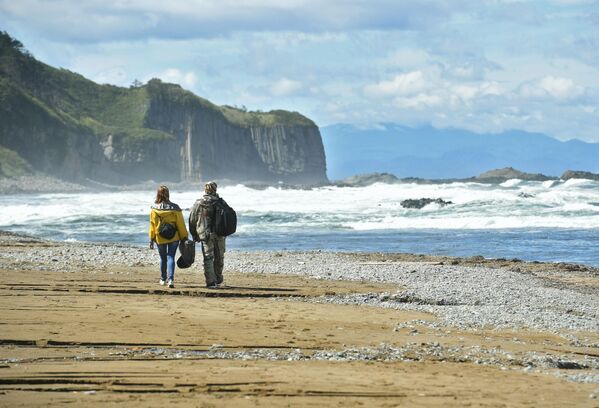
1/12
© Sputnik / Ekaterina Chesnokova
The appeal of these incredible islands is partly due to their geographical isolation, harsh climate and active volcanoes.
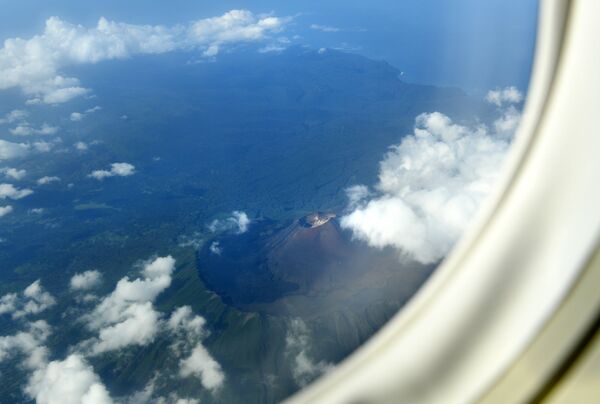
The appeal of these incredible islands is partly due to their geographical isolation, harsh climate and active volcanoes.
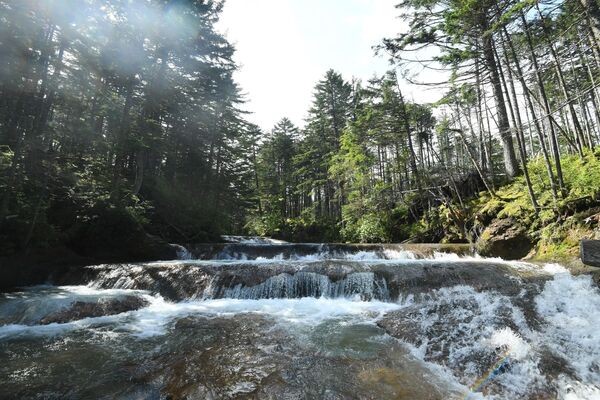
3/12
© Sputnik / Ekaterina Chesnokova
The Kuril Islands are part of the so-called ‘Ring of Fire’ that partly encircles the Pacific Ocean, where a large number of earthquakes and volcanic eruptions occur.
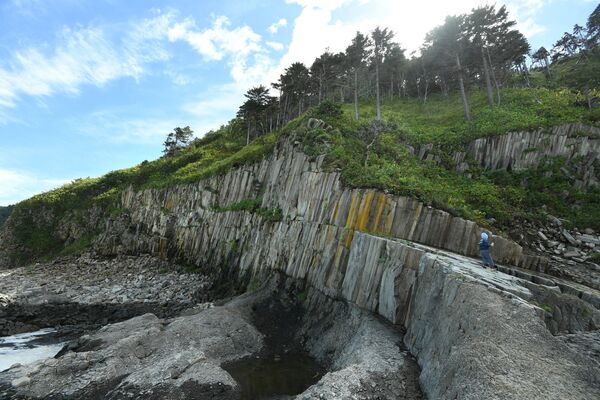
4/12
© Sputnik / Ekaterina Chesnokova
There are approximately 150 volcanoes in the area, among which 39 are active.
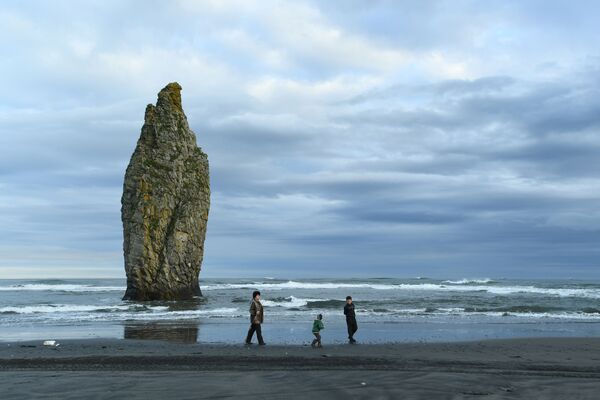
5/12
© Sputnik / Ekaterina Chesnokova
The islands were one a strategic military outpost of the Japanese Imperial Army, and are home to many secrets. Just last year, a search expedition on the island of Shumshu, the most northern of the Kuril Islands, discovered the rusting hulk of a Japanese tank which had been left intact in 1945, when Soviet paratroopers invaded.
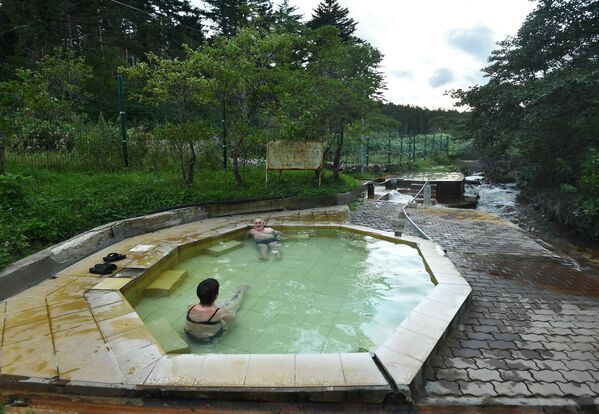
6/12
© Sputnik / Ekaterina Chesnokova
The Kuril Islands are also rich in terms of flora and fauna, like a giant botanical garden.
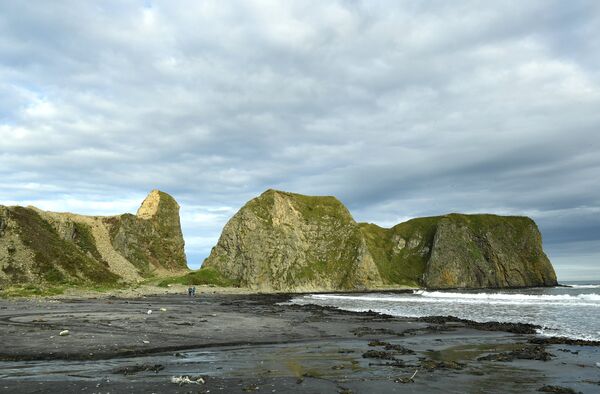
From lianas to wild grapes, the islands are famous for their various varieties of Japanese, Korean and Kamchatka flora.
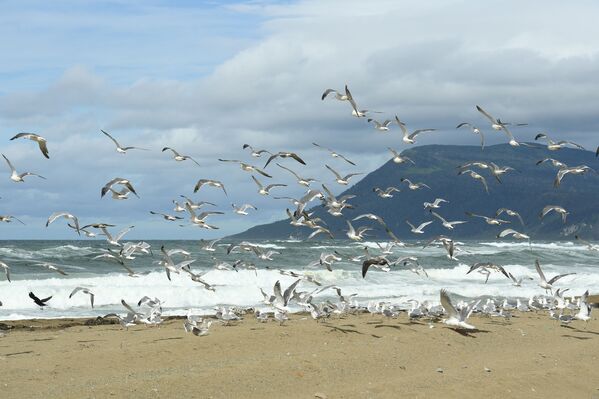
8/12
© Sputnik / Ekaterina Chesnokova
One encounters a range of climatic zones when trekking through the archipelago, from primordial taiga to subtropical jungles.
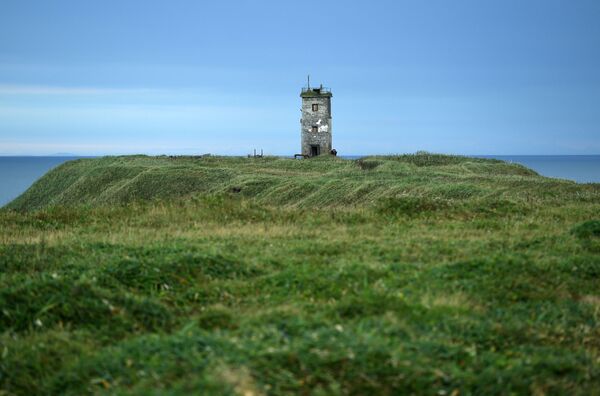
9/12
© Sputnik / Ekaterina Chesnokova
The waters around the Kuril Islands are crystal clear; there, numerous fish and sea animals remain sheltered from human activity.
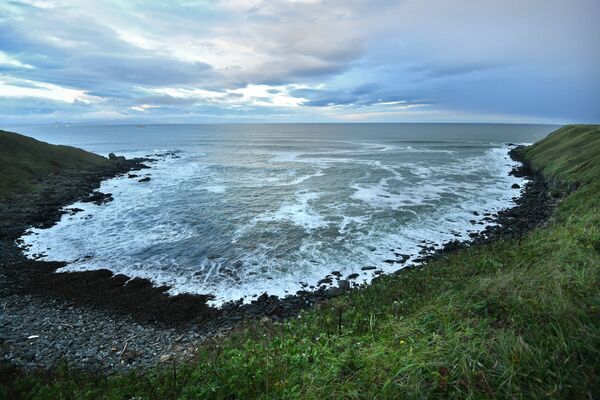
10/12
© Sputnik / Aleksey Nikolskyi
On the sea bottom, divers have encountered lost artifacts, including sunken ships and WWII weaponry.
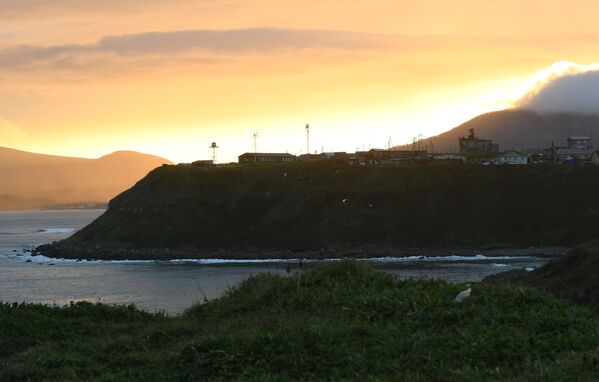
11/12
© Sputnik / Ekaterina Chesnokova
Pacific beach near a village in the Kuril Islands.
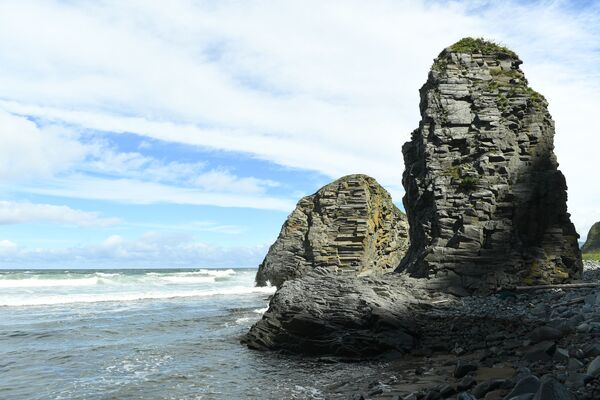
12/12
© Sputnik / Ekaterina Chesnokova
The Kuril Islands in the Russian Far East.

